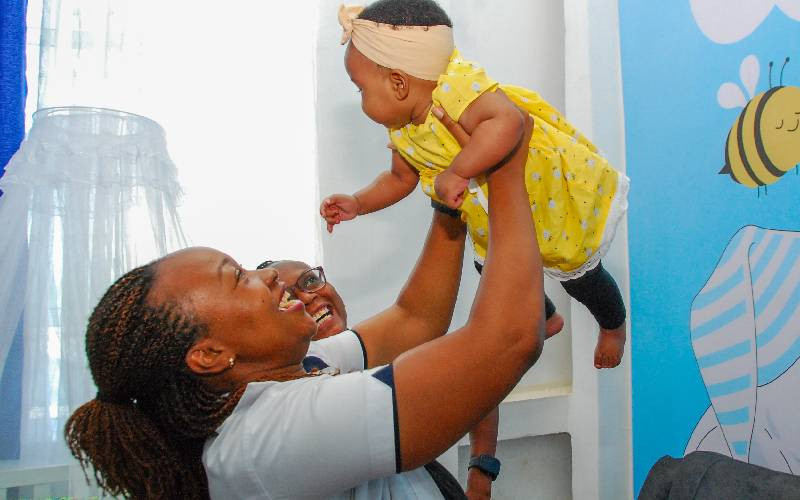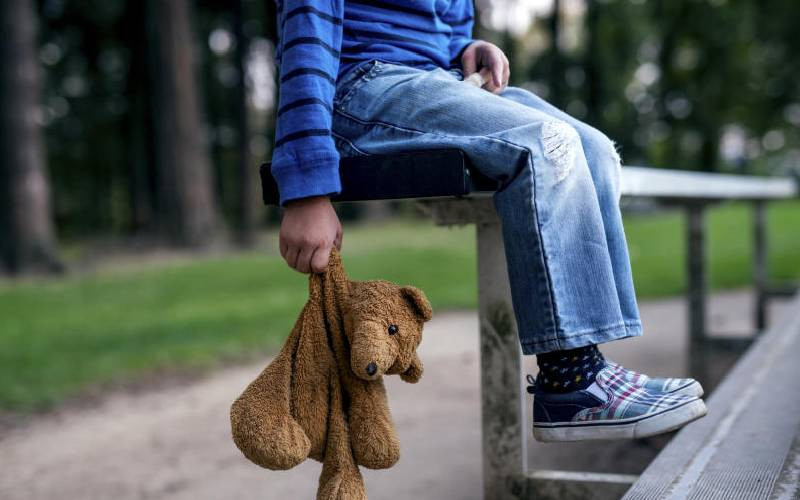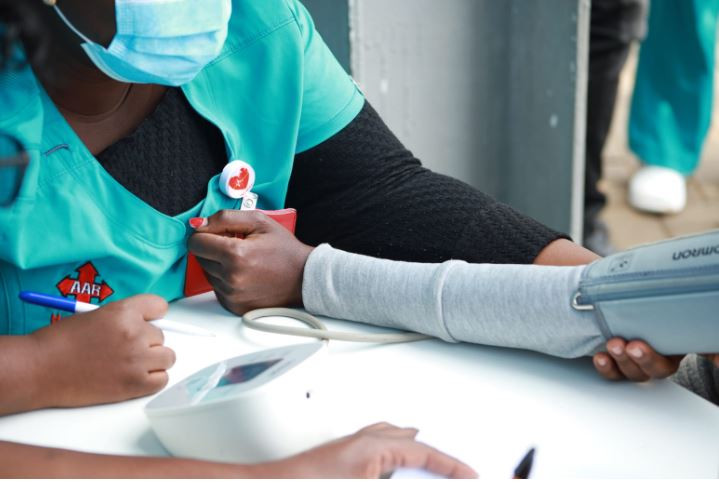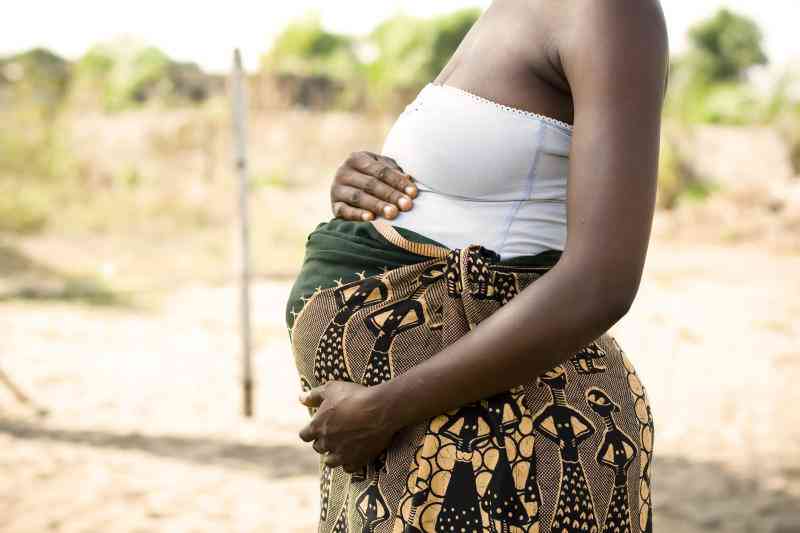
It is always the joy of most families when a new born joins the brood.
Since Biblical times, children were and still are regarded as a gift from God, and in African societies, children were regarded as a blessing, the continuity of family name, genetics and generations.
But sometimes the joy does not come to every family for several factors including fertility challenges.
Data from Kenya Fertility Society inform us that two in every 10 couples suffer from fertility challenges.
That is about 20 percent which in Africa is higher than the global average of 12 percent.
Women are affected early at about 30 years and 36 years for men, according to research on infertility conducted by Dr Charles Otwori Ondieki for his Masters degree in Obstetrics and Gynecology at the University of Nairobi in 2013: Female factors contributed 41.8 percent of infertility cases as opposed to 16.5 percent.
In the female factor, tubal factor contributed to 86.4 percent of the cases while blocked tubes carried 6.6 percent of the cases.
Both male and factors have a combined 35.4 percent and 6.8 percent due to unexplained factors.
For men, about 52 percent had abnormal sperm characteristics contributing to infertility, 14.6 percent had erectile dysfunction while azoospermia contributed to 7.6 percent of the cases.
Among other conclusions, Dr Ondieki concluded that though earlier studies had female factor as being a bigger contributing factor to infertility challenges, his researcher showed the combined male and female factors to have been higher.
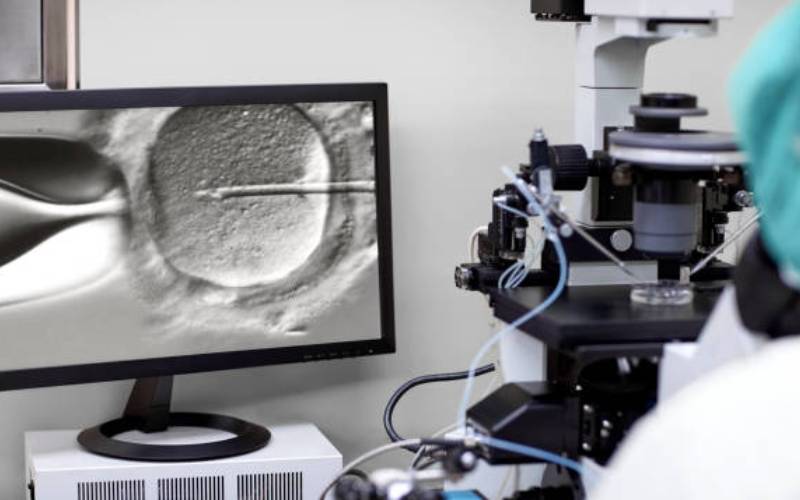
Either way, majority of women still face the bulk of stigma.
And though a couple might be affected, data also show that the challenge is a bigger burden on women in society compared to men leading to increased discrimination and stigmatisation among communities where children are highly valued and are a key to acceptance of a married woman.
Of more interest is that some women face primary infertility at 55.6 percent compared to secondary infertility at 44.4 percent.
In modern society like ours though, it is unwise to mock or count out women who are unable to give birth even after several attempts considering human beings have underlying conditions affecting them.
In any case, it is not that one must have children to live a happy life.
Granted, in some communities, parents are identified with their children, but we reconsider our discriminatory tendencies and stigma against women with fertility challenges-which is a violation of their rights.
In fact, most women with fertility challenges have battled emotional, psychological and physical abuse during their marriages besides being divorced or mocked.
Men in childless marriages have also reported increased intake of alcohol and such men are also known to sleep around, trying their luck elsewhere.
The Kenya Obstetrical and Gynecological Society has revealed in the past that one of the biggest causes of infertility, among five million adults, is sexually transmitted infections.
But it’s all wrong as it pushes such women to endless worry, stress and depression to a point of entertaining suicidal thoughts after deeming themselves as useless to society.
I know a couple who have been married for about 30 years but have no children so far. But believe me, they live a peaceful, stress free life since accepting their situation something that most couples don’t.
Attack on women with fertility challenges is thus a lack of human qualities and immaturity as it could also be caused by other factors including; fibroids, poly-cystic ovary syndrome/disease, endometriosis, diabetes and inadequate thyroid levels.
Rogers Otiso is a student of journalism at Rongo University.
 The Standard Group Plc is a multi-media organization with investments in media
platforms spanning newspaper print
operations, television, radio broadcasting, digital and online services. The
Standard Group is recognized as a
leading multi-media house in Kenya with a key influence in matters of national
and international interest.
The Standard Group Plc is a multi-media organization with investments in media
platforms spanning newspaper print
operations, television, radio broadcasting, digital and online services. The
Standard Group is recognized as a
leading multi-media house in Kenya with a key influence in matters of national
and international interest.


